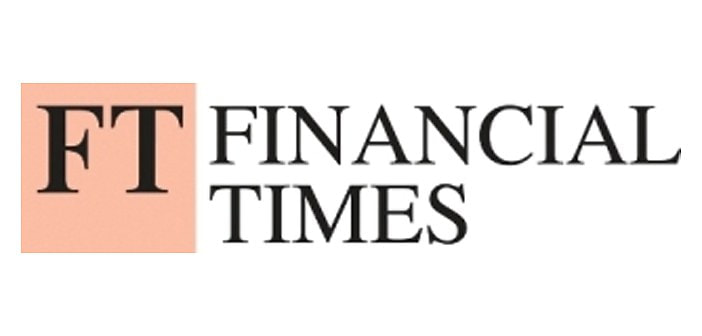How do you turn something conceptual and subjective into something concrete and tangible?
This process can be daunting. Nobody wants to waste their time and energy developing an idea that may amount to nothing. This is where listening becomes important; the people close to you will tell you where the flaws are in your ideas and what needs to change. In developing and researching your idea, you need to consider and clarify where the problems might be and how to solve them. You need to look at what is already out there and figure out how to support and strengthen it rather than trying to reinvent the wheel. Once you’ve done your research and identified your target audience, you should decide on your business model;
To gather this information you need to create forums, safe spaces and a place where your audience can authentically share their needs. From here, your ideas can be tested and verified by utilising a minimum viable product. Entrepreneurs can then start creating solutions - be it mentoring, collaborating or offering a service where there is a demand. Once you’ve tested, you then receive feedback, which is so valuable, it allows you to adjust and refine your product according to the needs of your audience. After this process, you can then move to the next step, growing your idea, by promotion and marketing using the technology available. You can catch us again in a couple of weeks when we'll continue the Starting Up, Starting Out conversation with you.
0 Comments
In this second episode of the podcast, we discuss how to identify gaps in the market - both in your immediate surroundings and structural gaps.
For entrepreneurs, gaps are essentially opportunities disguised as voids, niches that need to be filled but have not yet been seen. So in order to transform these gaps into opportunities, entrepreneurs need to know how to identify gaps with which they can work. To elaborate on the phrase, ‘identifying the gap’, we discuss our own entrepreneurial journeys in more detail. For Jess, the gap first appeared in the form of some stark statistics about the experiences of black women in the UK. Jess takes us through the evolution of the Black Women’s Project - a journey of listening and contextualising - from the moment of recognising a need for black women’s spaces and the need to balance ambition with wellbeing. For Milambo, the Widening Access Network grew out of the realisation that he and fellow co-founders had all encountered role models and mentors at pivotal moments in their lives. The Widening Access Network is a way of closing the structural gap and addressing the lack of positive role models for young people from disadvantaged backgrounds. To identify the gaps that you as an entrepreneur can work with, Jess and Milambo encourage their listeners to look first and foremost to their respective immediate environments. We make the case that the aforementioned is a landscape our listeners can navigate better than anyone, and how proximity to the people in this landscape will continually reveal the nature of the problem they’re trying to solve. Leveraging this unique knowledge as an entrepreneur and changemaker will enable them to create solutions that not only work but are also scalable. You can catch us again in a couple of weeks when we'll continue the Starting Up, Starting Out conversation with you.
In this bonus episode, we aim to unpack the intricate topic of power and the routes that can be taken towards it.
What is power? How do you acquire power? Is power good or evil? How did we gain power? These are questions we will be philosophising on before kicking off the official season of Starting Up, Starting Out. In this episode, we establish a working definition of power, provide some examples of power, and lightly touch on the effects of choosing several routes to power on both a general and personal level using our entrepreneurial journeys as a backdrop. In particular, we touch on relational power, political power and economic power as key examples to pay attention to. Highlighting this topic is an important precursor to the rest of the season as firstly, it provides a loose framework for listeners to assess what forms of power are available to them and to reflect on how they can best be used. Secondly, it will form a foundation for us to re-examine the interconnectedness of these forms of power - or an absence of them amongst varying groups. Ultimately, we are mindful of shoehorning the route to power as something that can only be obtained through entrepreneurship and consequently, we want to engage in a healthy dialogue to critique, celebrate and review power in a contemporary context. Through this podcast, we hope listeners will take the time to survey the different forms of power available to them (or lack thereof) and use this information as fuel to create the change they want to see - and get the chance to hear about the journeys we have taken to reach our goals.
Jess is an award-winning social entrepreneur, research fellow and international speaker. She is also the founder of the organisation, Black Women’s Project (BWP), which seeks to develop Black female leaders who have been through the UK higher education system by harnessing the power of research and community. Through BWP, Jess has carried out international research, designed and facilitated lectures, seminars and leadership programs; and fundraised thousands to support 1,000+ women.
Milambo is an accomplished social entrepreneur. Outside of that, he is Trainee Solicitor at a leading international corporate law firm. Milambo co-founded Knockout Crime, a social enterprise that utilises boxing as a means to address serious youth violence (knife and gun crime) in London. He is also the Director of the Widening Access Network, a social enterprise committed to raising the aspirations of young people from diverse backgrounds who have historically lacked access to opportunities. |
AboutStarting Up Starting Out is a fortnightly podcast that focuses on the things you should consider before you start your business. ArchivesCategories |
|
Sign up to our monthly newsletter where we share opportunities and news about our community.
|
Terms and Conditions Community Guidelines Privacy Policy Cookie Policy Black and Good is powered by Do it Now Now Copyright © 2024 DiNN Enterprise CIC. All rights reserved. |

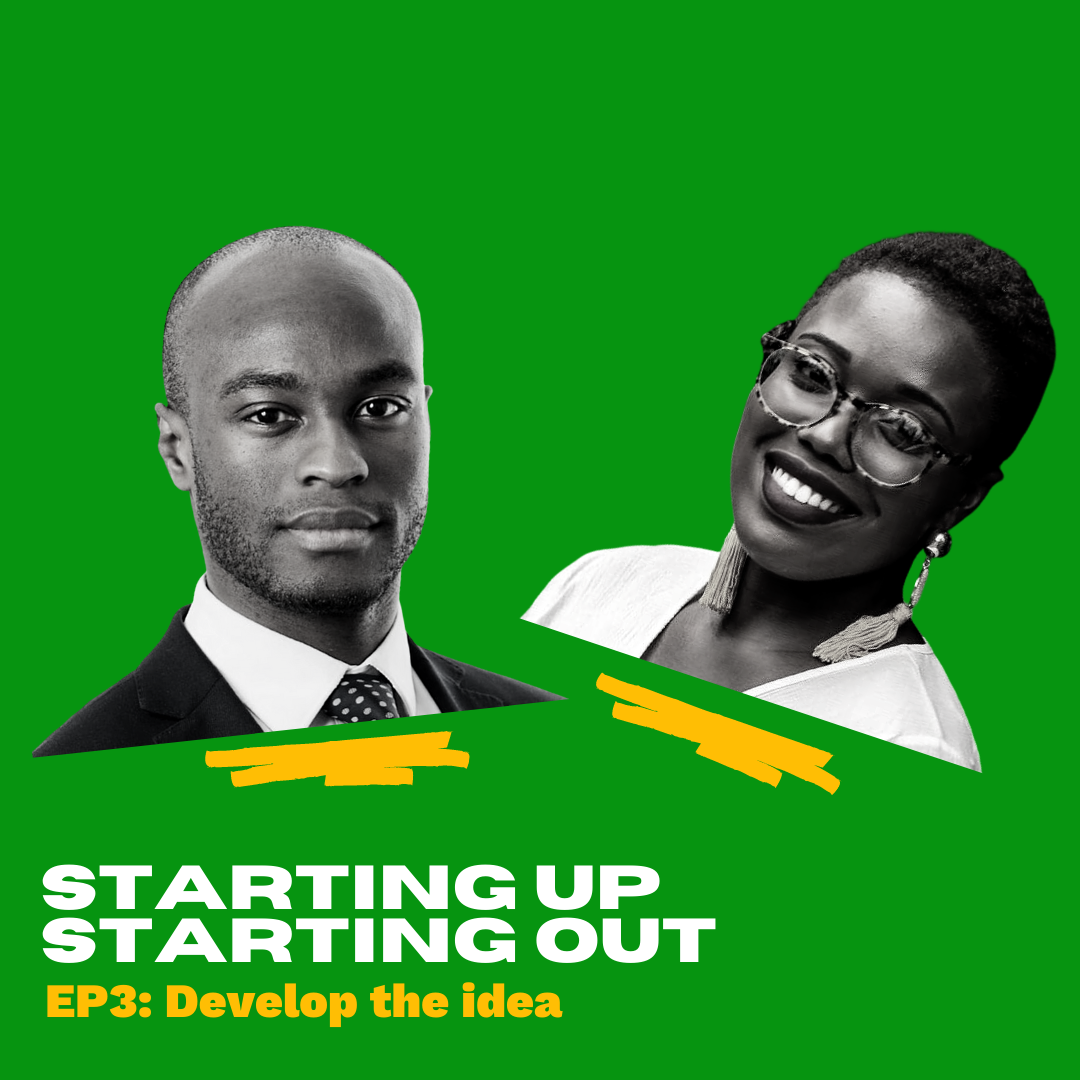
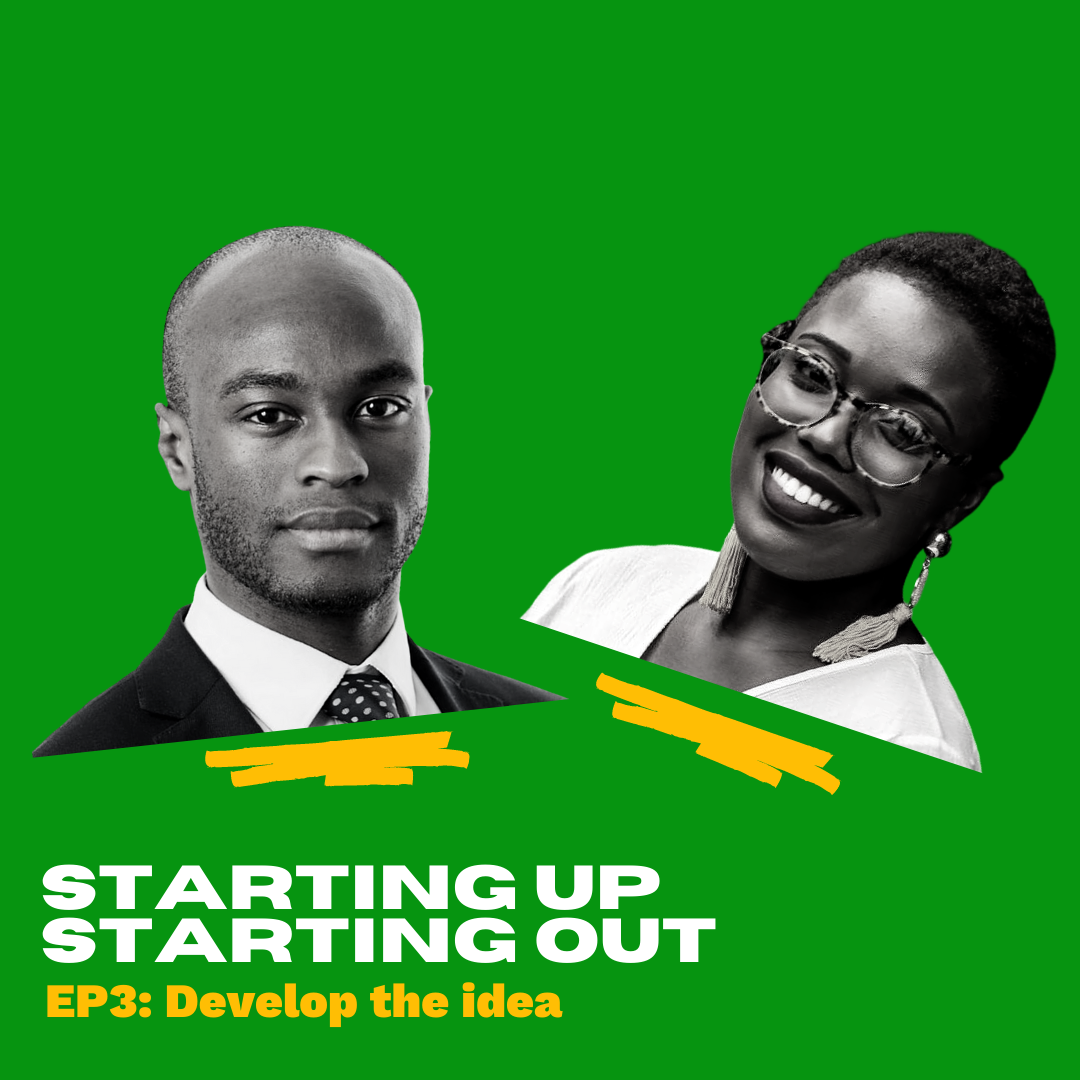
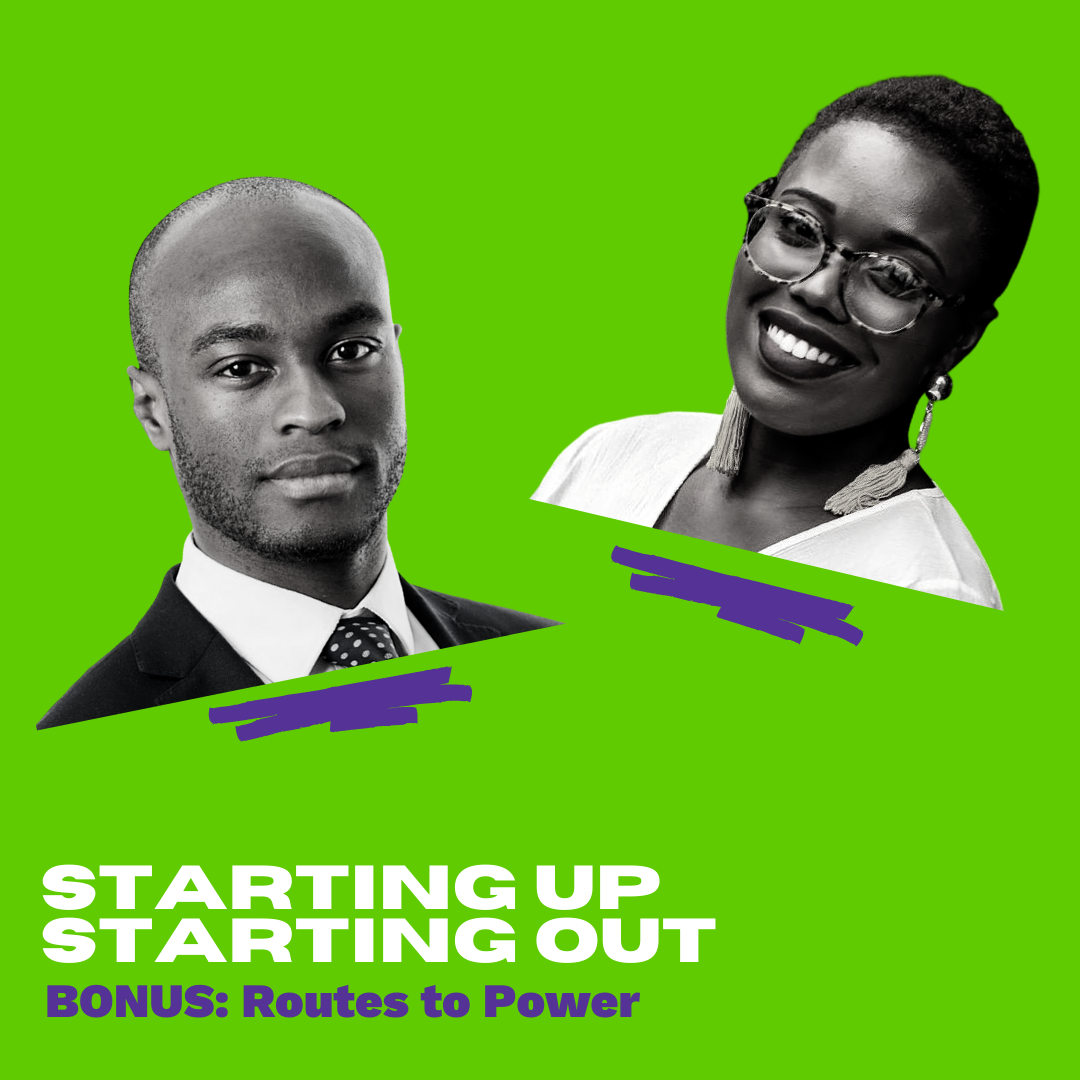
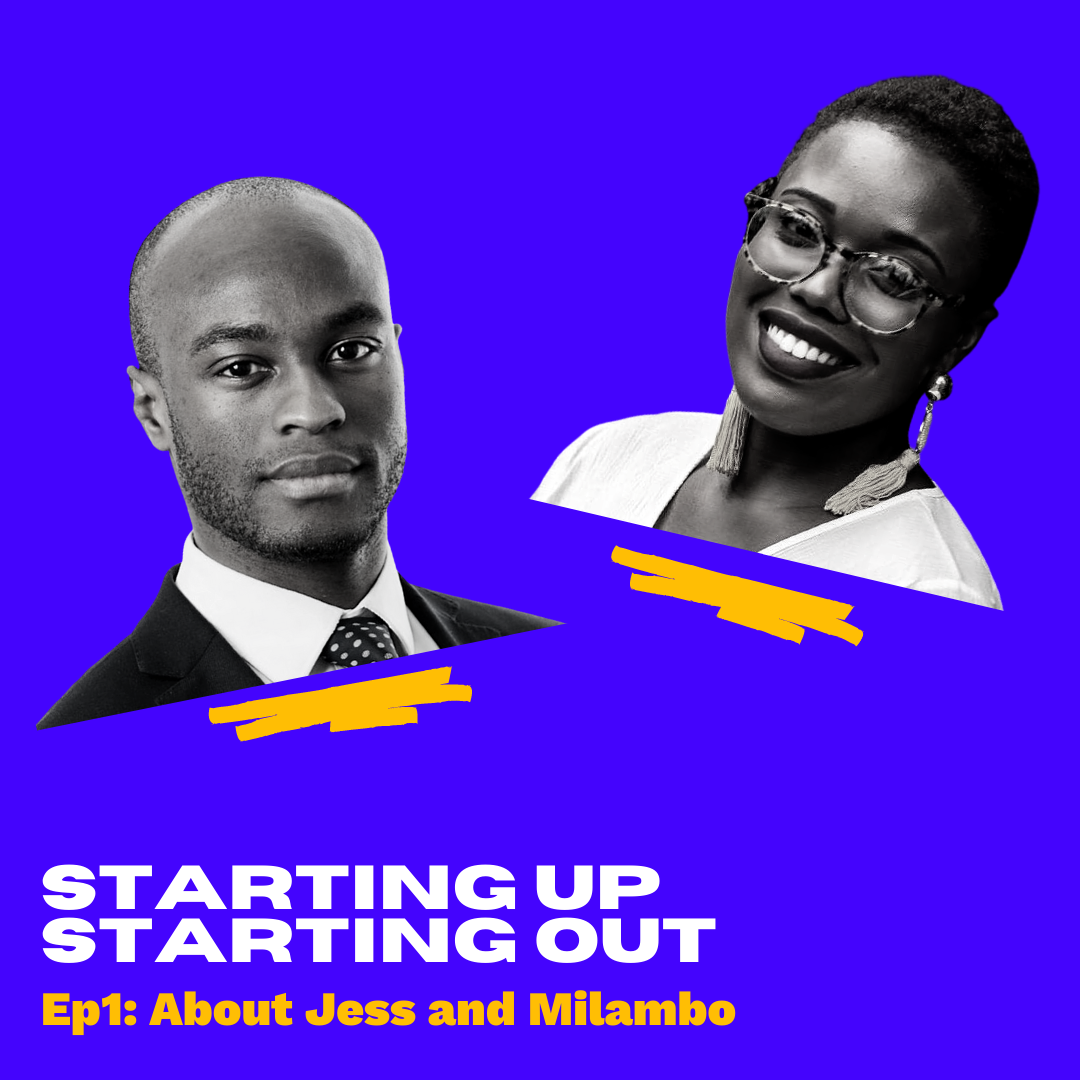
 RSS Feed
RSS Feed





